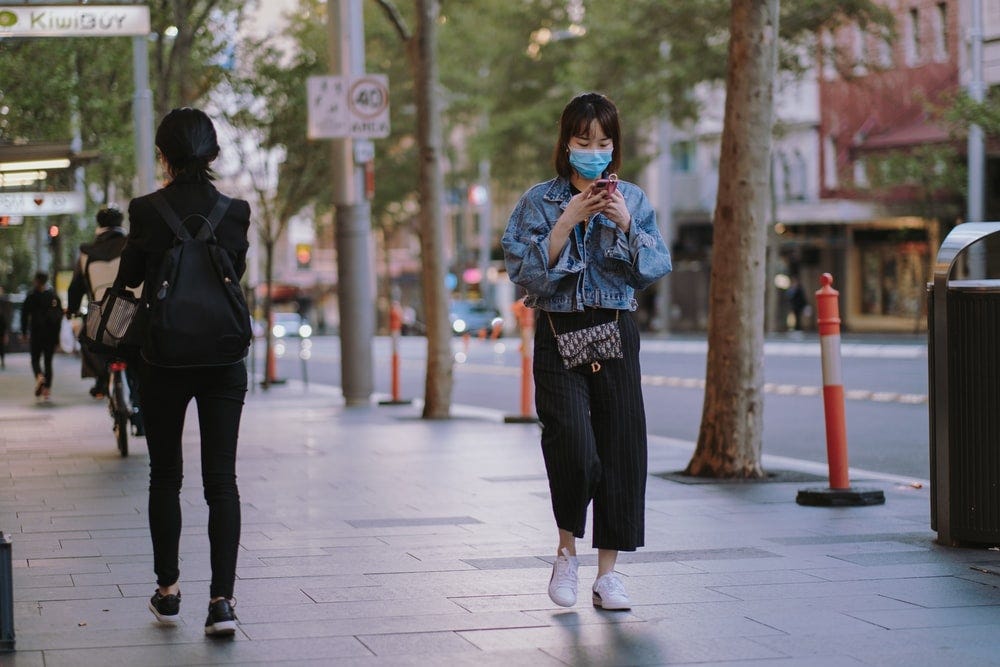Issue #2 Will COVID-19 reset our cities? 2/2
Beyond the speculations, what will stick as we recover.
Here are the next 5 lines of thought, following the previous article.
🌾 COVID-19 has highlighted the dependance of cities on global food supply chains. Food security is likely to remain a priority on many cities’ agenda. While there is a variety of ways cities can reclaim food systems, from partnering with local urban farmers to protecting agricultural green belts or redesigning food distribution channels, one should be careful about the so-called “local trap” and build a systemic approach to food security, as we argued here.
🏥 The concept of healthy cities is flourishing but is not new. It is gaining momentum during the current COVID-19 pandemic, as experts agree that chronic diseases and ageing are among the factors behind COVID-19 complications and mortality. Huge potentials along the way to design health-sensitive cities, as suggested in this snapshot.
🌳 The nature of cities: benefits provided by natural ecosystems during the COVID-19 crisis have been experienced by many, from public parks, river banks to green corridors or forest belts, offering much needed respites from the Zooms and the work-from-home new habits. Beyond their social importance, nature-based solutions can trigger huge benefits to fight climate change, temperature rise and sea-level rise, as highlighted here.
🤝 “We are only as strong as our weakest link”. COVID-19 has had disproportionate effects on the urban poor, as data suggests in areas such as New York City. Inclusiveness is not an add-on. It is central in every decision concerning the built environment. In addition, the importance of essential workers, often coming from poor neighbourhoods, and their struggles to survive in expensive global cities, have been brought to the fore.
🤖 There has been a lot of debate about the role of technology during COVID-19. Digital solutions have supported the response of many cities and countries and provided some relief to public health infrastructures. Yet, they are not a silver bullet and require many conditions to be impactful. Concerns about privacy infringements and increased surveillance have also arisen. COVID-19 offers a good opportunity to think about the “smart enough city” and the role of governments, local innovation eco-systems and citizens in repositioning technology in its place.
Bonus
🌏 Finally, COVID-19 has underlined the potentials of city diplomacy and networked urban resilience. In a world that is interconnected and interdependent, acting globally is not a distraction from addressing local issues. Mayors around the world have (virtually) convened together to address the COVID-19 and share best practices and solutions, where nation-states often struggled to cooperate together and share common grounds. City networks and collective efforts can yield a lot of benefits and create momentum for change, in regards to global challenges such as climate change. The C40 organization recently showed that 54 cities, representing more than 200 million residents, are on track to help keep global heating below 1.5°C.
We will explore some of these topics during our (soon to-be launched) Podcast series. Stay tuned!
🙋♂️ 🙋♀️ What are your lines of thought? Reach out!


